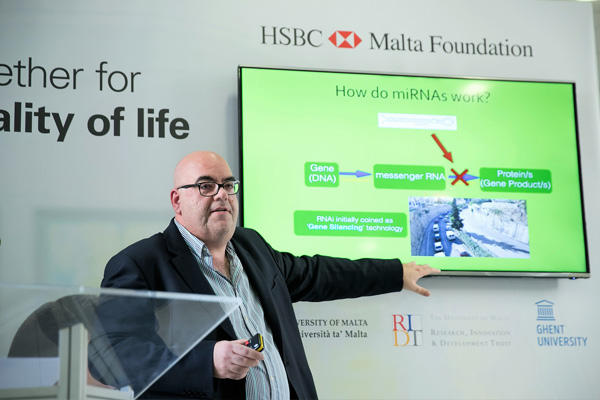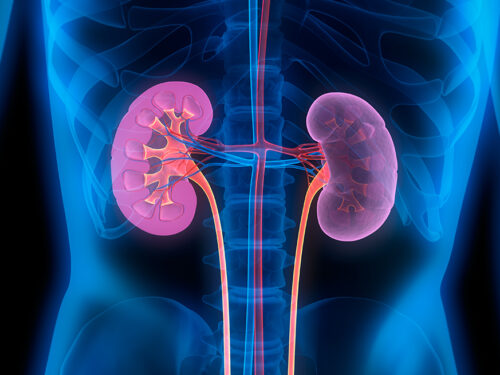
This project proposes an additional step to the commonly used chemotherapy treatment in certain metastatic cancers (i.e. cancers that have spread). This results in an increased susceptibility of the cancer cells to the chemotherapy. The cancers that have been identified as candidates to date are breast, neuroblastoma, colon and ovarian cancer.
The project proposes an additional step to the commonly used chemotherapy treatment in certain metastatic cancers (i.e. cancers that have spread). This results in an increased susceptibility of the cancer cells to the chemotherapy. The cancers that have been identified as candidates to date are breast, neuroblastoma, colon and ovarian cancer.
The effects of the new treatment can benefit the patient in two ways: (a) the same dose of chemotherapy can have a greater effect on treating the cancer; or (b) the dose of chemotherapy to achieve the same level of treatment can be greatly decreased, and in turn, side effects can be reduced.
The technology has been tested in vitro at the University of Malta and the results have been verified at the University of Ghent for one of the candidate cancers, namely neuroblastoma. Preliminary results for breast and ovarian cancers are also positive. Tests on colon cancer are still underway.
Funding has been sourced carry out in vivo animal trials specifically for neuroblastoma. In vivo trials represent the next step in the process of tested and demonstrating the efficacy of the treatment.
It is expected that by early 2018, the project will have provided results from the in vivo trials. In addition, confirmatory in vitro work will have been completed on breast, ovarian and colon cancers.

OOnce the outcomes of all the tests listed above are established, patent protection will be sought for the treatment. Assuming the outcomes are positive and the patent application is successful, this would open the door for negotiations with pharmaceutical companies to take the technology forward and potentially start with human trials.
The technology is being developed by the University of Malta led by Dr Duncan Ayers in collaboration with the University of Ghent led by Prof Jo Vandesompele.
The project has been proposed to the HSBC Malta foundation by RIDT through ALIVE Charity Foundation, which is by far the largest donor of funds for cancer research in Malta. To date they have donated over €300,000.
Please click here for more information on this project





